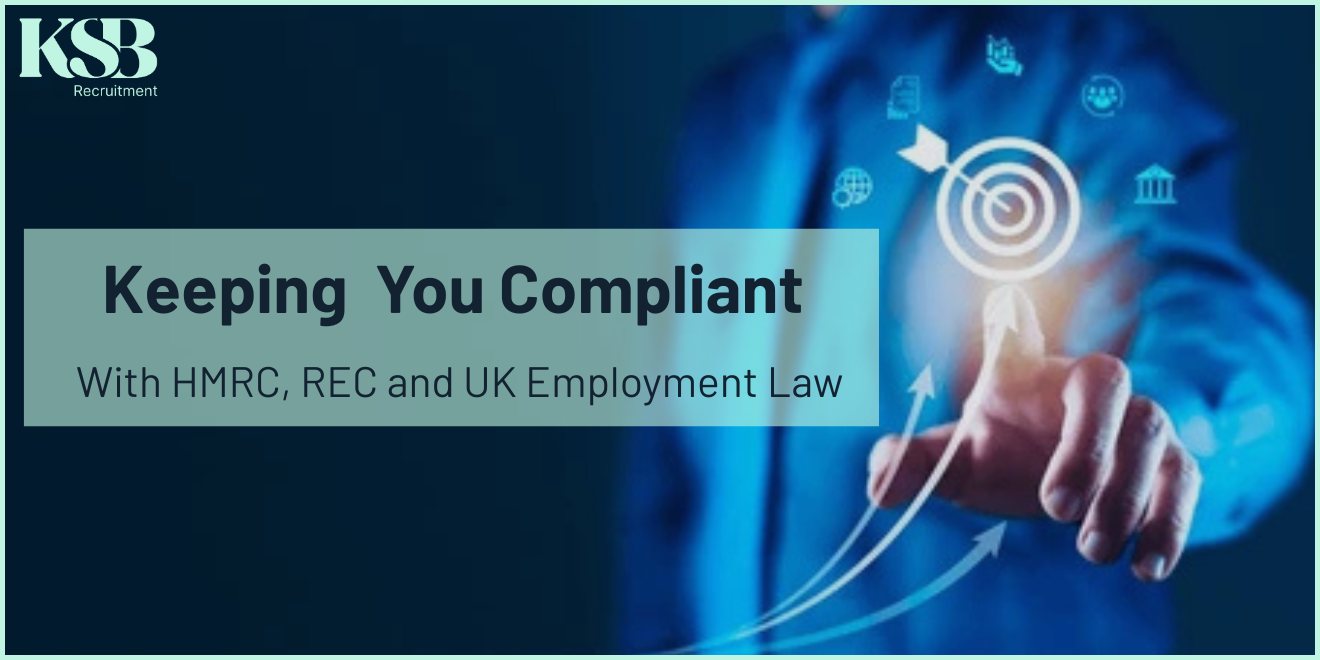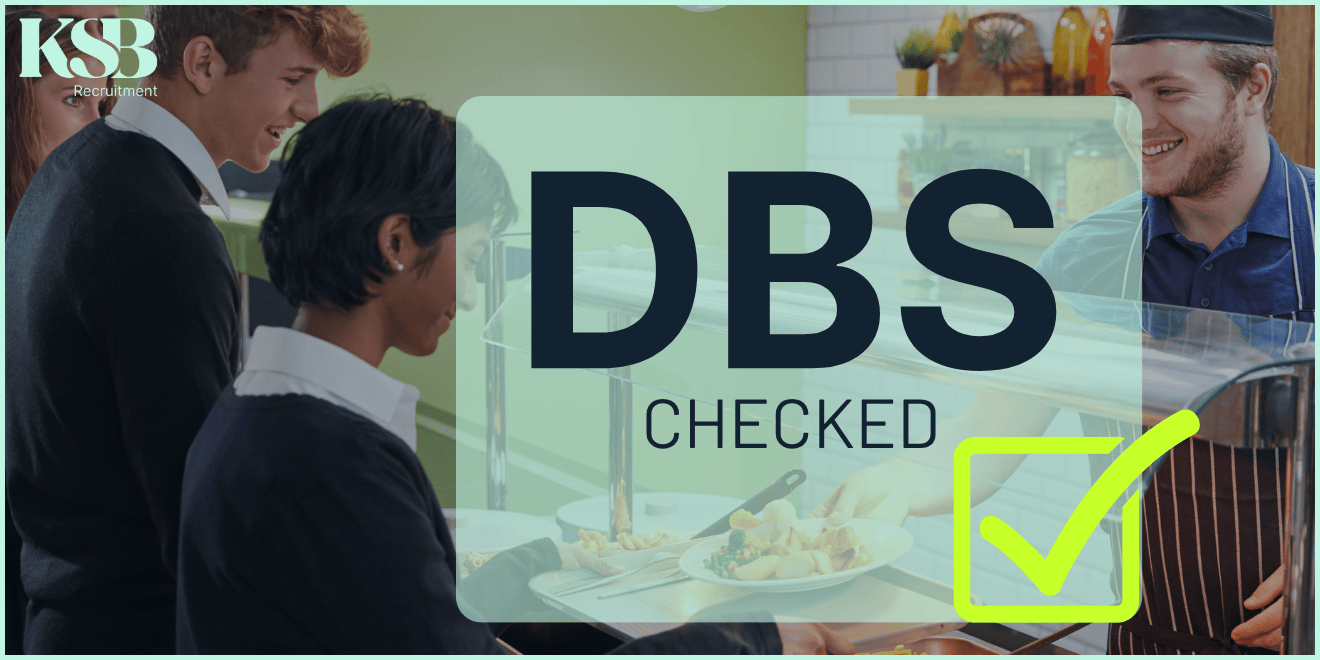Managing Your Mental Health in Hospitality This Year

Managing Your Mental Health in Hospitality
Mental health issues are on the rise. Even before the pandemic, mental health-related illnesses were the most common cause of long-term absences in economies around the globe. Stress, anxiety, and work-related depression accounted for 54% of working days lost pre-pandemic.
What’s more, mental health conditions can influence productivity turnover, and motivation in the workplace. In the hospitality sector, the problem is only continuing to grow.
As of 2021, research from The Royal Society for Public Health (RSPH) found that ‘One in five hospitality workers suffer from work-related mental health issues’.
Though part of the responsibility for minimising mental health conditions in the hospitality industry falls on the employer and their commitment to wellbeing, you as an employee need to be prepared too. Learning how to care for your mental health and build resilience properly can ensure you continue to enjoy your role, no matter how the workplace changes.
Step 1: Communicate
The first step in caring for your mental health is knowing how to talk about your feelings. When you feel overwhelmed, it’s easy to simply ignore the issue.
Many of us attempt to keep “pushing forward” on our own, which may be part of the reason why worker burnout is at an all-time high. However, people struggling with mental health concerns don’t have to go it alone. Things are changing and there are more and more hospitality employers committing to increased investment in teams’ wellbeing and support strategies.
Speaking to your employer about your issues and looking for solutions together can help solve the problem before it becomes too significant. For instance, if you’re struggling with finding time to spend with your family, your employer could look at your working hours and move things around to accommodate family time.
Step 2: Rediscover Work/Life Balance
Achieving work/life balance in hospitality can seem difficult. After all, it is working unsociable hours. However, the pandemic has allowed the industry to look at this issue and start making changes to ensure staff wellbeing is at the heart of what they do.
To avoid overwhelm and reduce stress, many hospitality employees will need to redefine what work/life balance means. This could be having discussions with your employer or potential employer about only working overtime when you are able to.
Remember, the hours between one shift to the next are important for your mental health. They can help to refresh your mind. Another tip is to ensure you drink plenty of water throughout the day.
Step 3: Remember Self-Care Basics
Self-care isn’t just something we need to focus on in our spare time. To perform well at work and deliver excellent results for our employers, we also need to look after ourselves during the working day. There are various components to this, such as:
- Eating well: Nutrition is vital in ensuring productivity and creativity. Make time to stop for a nutritious bite to eat on your break. Eating well, wherever you are is really important.
- Staying active: Although hospitality jobs are pretty active, you should also be committing to regular activity sessions throughout the week. According to Live Science, exercise reduces depression, anxiety, makes us more connected, less lonely and improves our self esteem.
- Hydration: Don’t rely on coffee and sugary drinks alone to manage your focus during the day. These can lead to crashes in mood and energy. Instead, stock up on plenty of water.
A good night’s sleep is often essential to good mental health too. Committing to a strong sleeping schedule will give you more resilience to deal with any stresses you face at work.
Step 4: Explore Mental Health Coping Mechanisms
Sometimes, hospitality employees can feel more overwhelmed in the workplace than usual. When this happens, it’s important to have suitable coping mechanisms in place. For instance, you might consider downloading an app with guided mindfulness and meditation sessions you can do in a couple of minutes at work to help you relax.
Another option is simply getting outside and taking a breath of fresh air. Exposing yourself to nature and briefly changing your surroundings will help to give you the time out you need when you’re feeling overwhelmed.
Surrounding yourself with the right people, either virtually or in person, can also be helpful. Laughing with friends at work is one of the best ways to reduce stress, ease pain, and relax your body. Laughter even helps to boost your immune system.
Step 5: Be More Realistic
It’s easy to hold yourself to unreasonable standards, in hospitality standards are expected and you can put this on yourself in a negative way. You want to show your recruitment professional they’ve done the right thing by getting you this great job or prove yourself to your boss.
However, holding yourself to unreasonable standards can seriously impact both your mental and physical health. With that in mind, it’s important to be aware of your capabilities and restrictions as a human being. Understand the realities of what you can do.
If you find yourself getting overwhelmed at work, speak to your boss, or ask your co-workers for help. Take advantage of the ecosystem you have around you for support and guidance. Your team is there for a reason.
We are a hospitality and catering recruitment agency.. Are you struggling with your Hospitality and Catering Staff Recruitment at your restaurant? Maybe we can help or if you are looking for a hospitality or catering job, take a look at our latest vacancies.


